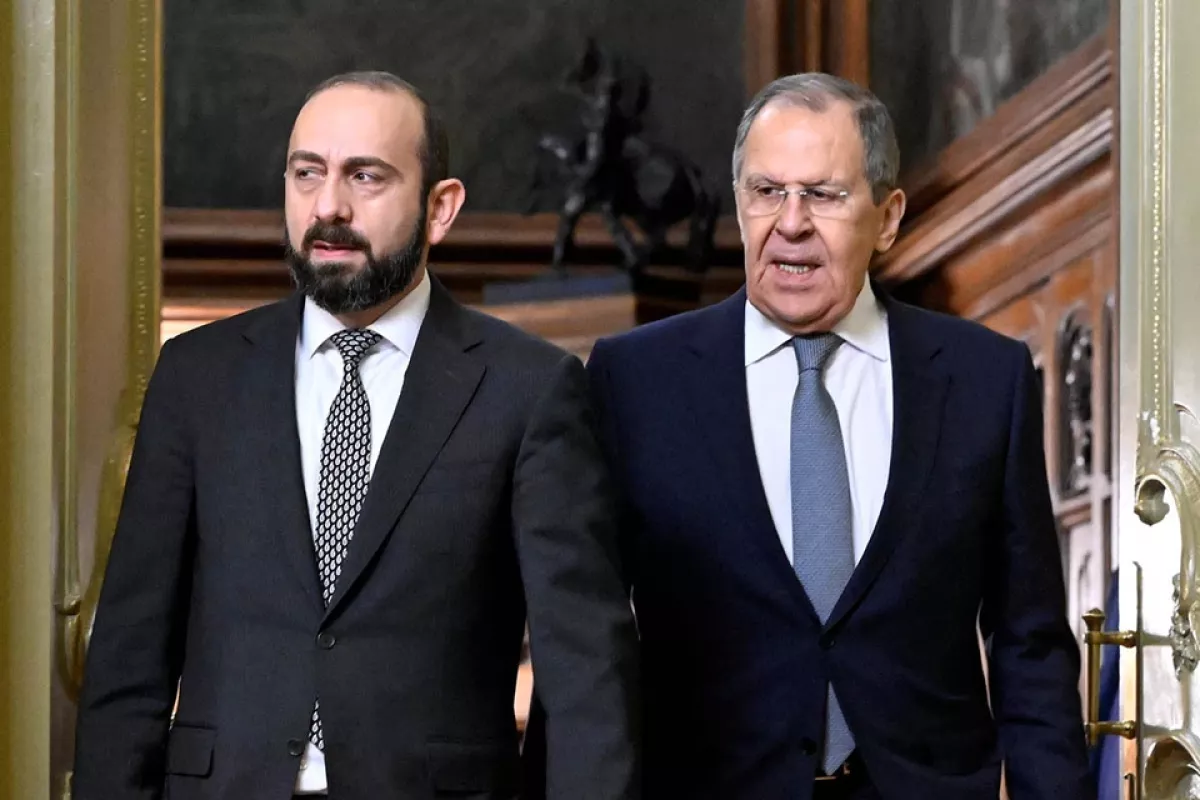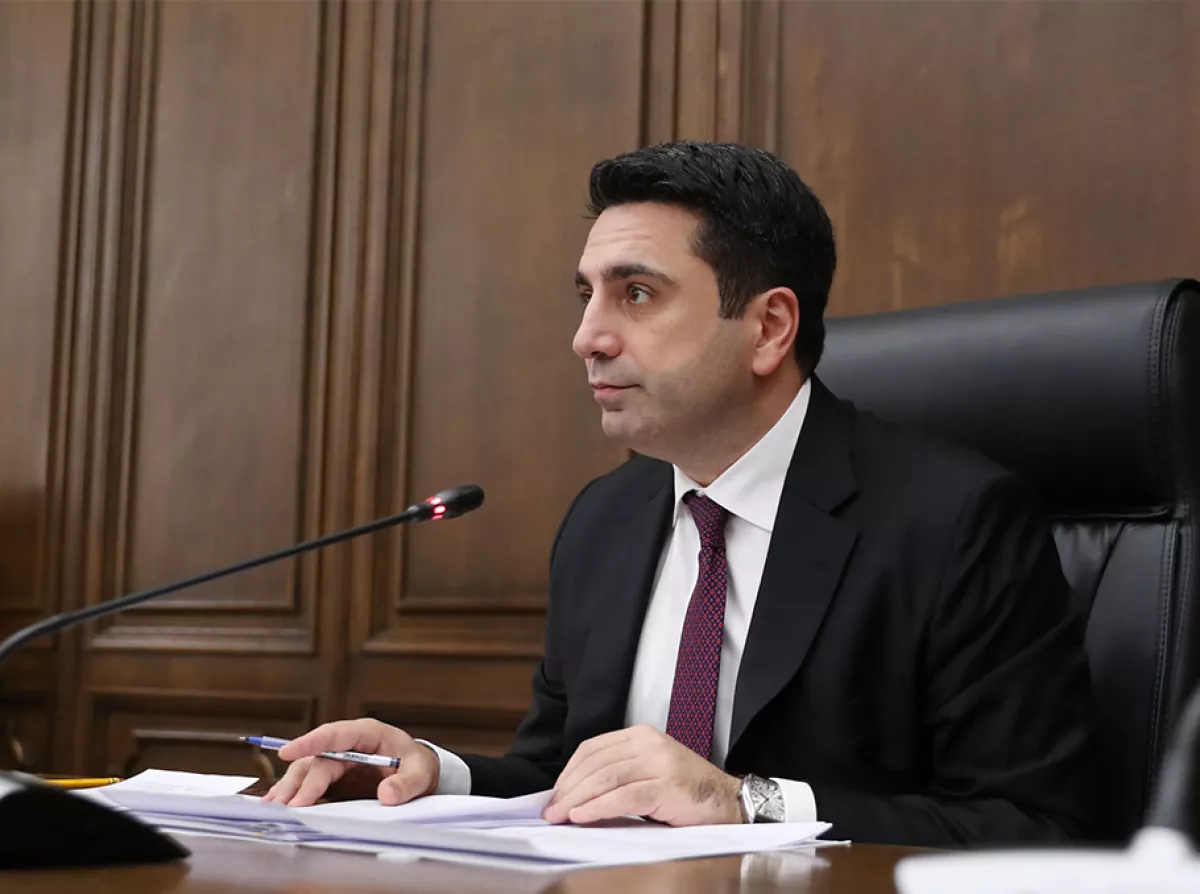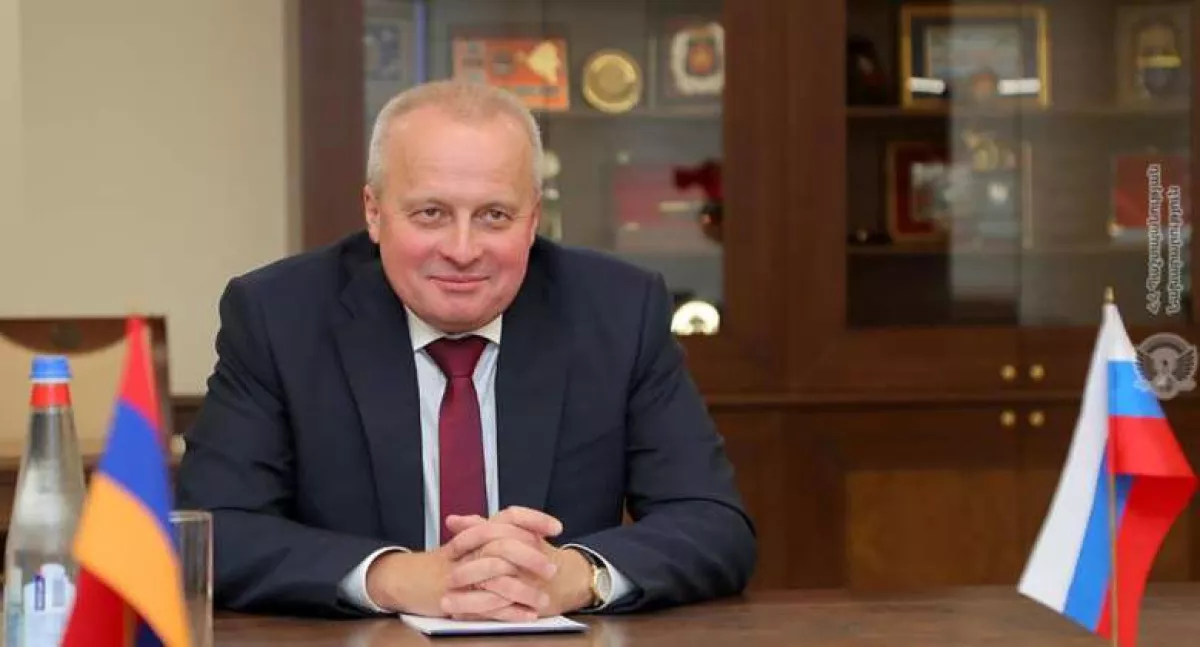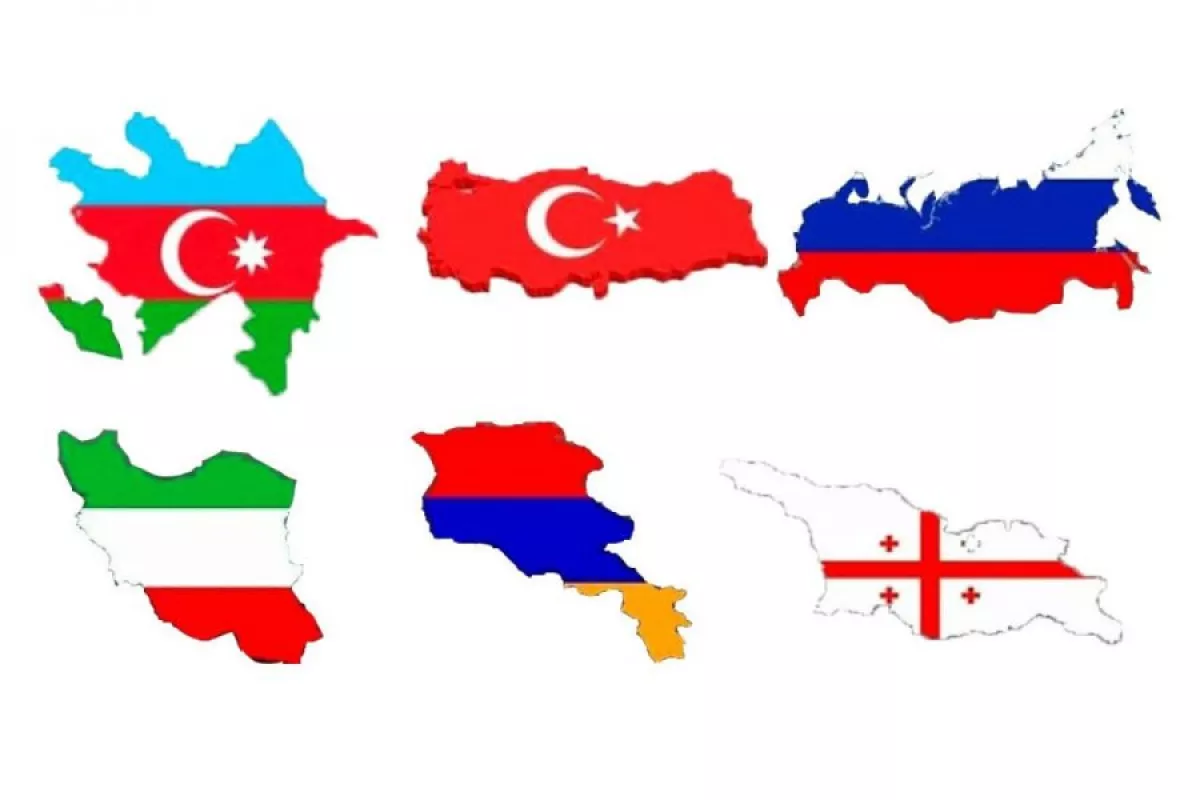Russian envoy warns Armenia of Ukraine’s fate Soft words, hard consequences
The protracted crisis in Armenian-Russian relations now appears to be shifting towards a phase of visible de-escalation. The renewed participation of Armenian officials in state-sponsored events under Russian patronage is contributing to a reduction in tensions between Moscow and Yerevan, which had been mounting in recent years amid Armenia's open flirtation with the West.

Until recently, Armenian authorities had been demonstratively ignoring meetings within the frameworks of the Collective Security Treaty Organisation (CSTO) and the Commonwealth of Independent States (CIS), criticising Russia’s policies in the South Caucasus, particularly with regard to Armenia. However, in late January this year, after talks between Russian Foreign Minister Sergey Lavrov and his Armenian counterpart Ararat Mirzoyan, the "ice" in Armenian-Russian relations began to noticeably thaw. The Russian side described the negotiations as productive and beneficial for both parties.
In mid-April, Chairman of the National Assembly of Armenia Alen Simonyan took part in a session of the CIS Interparliamentary Assembly in St. Petersburg, where he met with Federation Council Chair Valentina Matviyenko, whose visit to Yerevan is already scheduled for early June.

The intensification of bilateral inter-agency contacts is further evidenced by the upcoming visit of Prime Minister Nikol Pashinyan to Moscow to attend the Victory Day parade on May 9.
However, despite a certain easing of tensions in Armenian-Russian relations, it is premature to speak of a full rapprochement—let alone Yerevan’s abandonment of its European integration course.
Official Yerevan is still trying to balance on two fronts, aiming to continue reaping financial benefits from its membership in the Russian-led Eurasian Economic Union (EAEU), material support from the European Peace Facility, and Western arms supplies. Unsurprisingly, Moscow, observing Yerevan’s double game, keeps its finger on the pulse and periodically reminds the Armenian leadership of the futility of its European integration illusions.
Once again, this message was delivered by Russian Ambassador to Armenia Sergey Kopyrkin. In an interview with an Armenian media outlet, the ambassador placed emphasis on several issues of significant interest to Moscow. Particularly telling was Kopyrkin’s striking remark: “Ukraine’s example demonstrates what happens when a country finds itself on the fault line between Russia and the West.”
This openly threatening message from Moscow, directly addressed to Yerevan, is nothing short of a warning about the serious challenges Armenia may face should it continue its westward drift.
Firstly, it signals Russia’s intention to bring Armenia back into its full sphere of influence, despite the fact that Yerevan has already found new patrons in the European Union and France.
Secondly, the renewed reminder that “Armenia is a close ally and a key economic partner of Russia in the South Caucasus” underscores Moscow’s intent to leverage Armenia’s deep economic dependence. The financial factor is poised to remain a primary tool of pressure on Yerevan—yet another example of Russia’s “soft” coercion policy targeting Armenia’s Achilles’ heel.

"I wouldn’t separate Russia from the South Caucasus. A simple glance at the map is enough to see that our country is an integral part of the region and, therefore, a direct participant in all the processes taking place there," — according to these remarks by Sergey Kopyrkin, this is a key argument Russia uses to counterbalance Yerevan’s pro-Western aspirations.
Moscow regularly emphasises that it is the West that has become the main stumbling block between Russia and Armenia, placing full blame on the European Union. This position is clearly reflected in the Russian ambassador’s statement: “Our countries are being openly and crudely pulled apart and pitted against each other. We trust in the wisdom of the Armenian people, who know very well who their true friend is—and who is not.”
This message from Moscow can also be viewed in the context of Armenian-Azerbaijani relations, given Russia’s strong interest in having the peace agreement between Baku and Yerevan signed under its mediation track. Moscow has repeatedly offered its own platform for negotiations in the past.
Sergey Kopyrkin did not overlook this issue either. “The Russian side welcomed the completion of the peace treaty text. We are always ready to provide our platform for discussions related to the signing of the agreement, the unblocking of regional transport routes, border delimitation and demarcation, humanitarian issues, and more,” the Russian diplomat assured.
Moreover, Russia is openly expressing its interest in the “3+3” platform initiated by Azerbaijan. It is worth recalling that after its victory in the Second Karabakh War in 2020 and the liberation of its territories, Azerbaijan proposed the “3+3” format as a peace platform for the South Caucasus. The first to support this initiative was fraternal Türkiye. Subsequently, Russia and Iran also responded positively to the proposal from Baku and Ankara, confirming the relevance of reviving this regional mechanism in light of emerging external challenges.
“The next meetings within the framework of the ‘3+3’ platform should be held in Yerevan and Baku, in a rotating order to be determined by the participants themselves,” stated Sergey Kopyrkin, adding that cooperation within this format could be further strengthened through trilateral contacts between Russia, Armenia, and Iran. Notably, Russian Foreign Minister Sergey Lavrov had previously also highlighted the importance of revitalising this platform.

Thus, the conclusion is clear: the latest messages delivered by Sergey Kopyrkin in Yerevan serve as an unambiguous signal that, regardless of Armenia’s reluctance and Western aspirations, it will ultimately have to follow the course set by Russian policy. Whether the Armenian leadership draws the appropriate conclusions—only time will tell.








